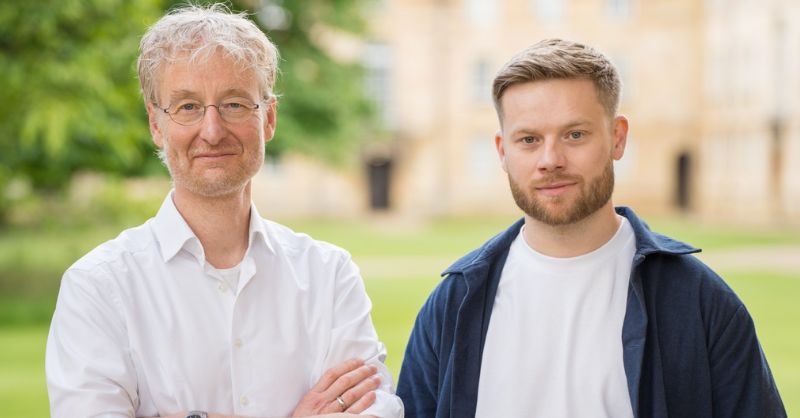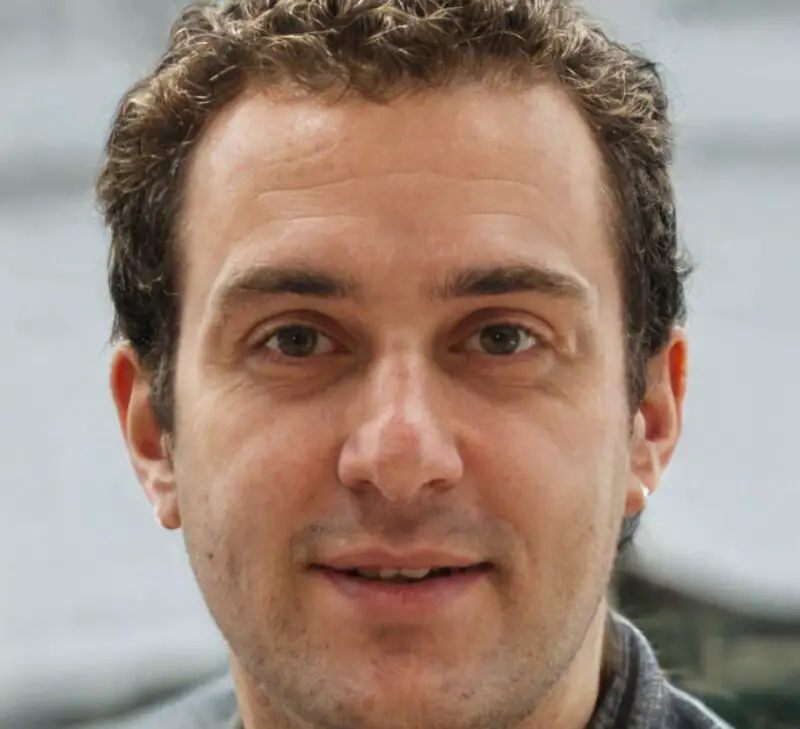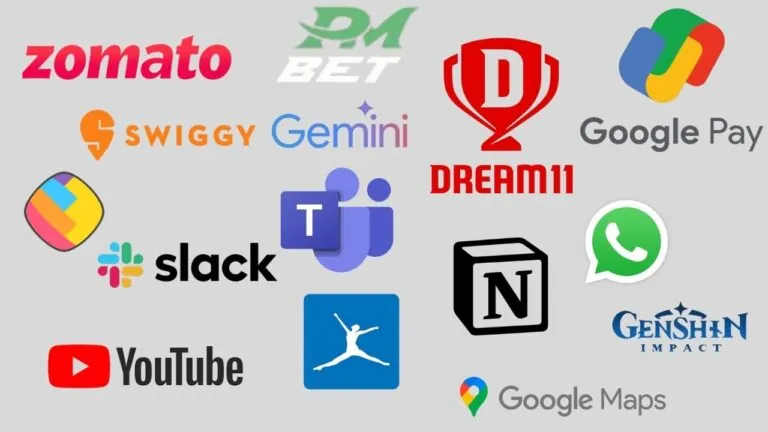The modern method for developing new materials involves creating a material and then using a computer to verify if it turned out as expected. However, what if we flipped this process, using generative-AI-driven software to design the material initially? That’s the concept behind Cambridge, U.K.-based CuspAI, which has now secured $30 million in a seed round led by Hoxton Ventures.
As co-founder and CEO Chad Edwards explains, “We’re flipping the old process on its head and saying, ‘Well, if you can put materials or molecules in and get properties out, then why can’t you put properties in and get materials and molecules?’”
The market is currently dominated by companies like Schrodinger (listed on NASDAQ) and Dassault Systemes, both of which offer software tools for computational chemistry and material simulations.
A newer entrant is Orbital Materials, formed by part of the team behind Google’s DeepMind, with an AI-powered platform for discovering materials, from batteries to carbon dioxide-capturing cells. It recently raised $16 million in a Series A.
“In the same way that search engines enabled the internet, we believe we’re on the cusp of a world where you can search the vast space of new materials and molecules to discover new ones with exactly the desired properties. We think we’re entering the ‘materials-on-demand’ era,” Edwards said.
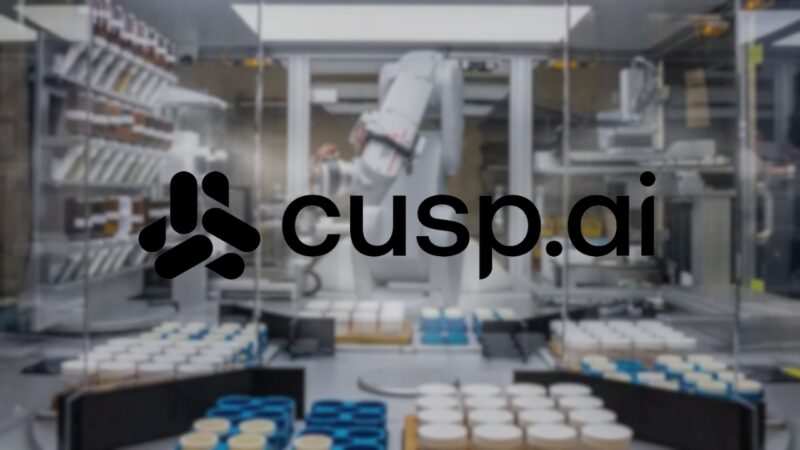
Indeed, CuspAI claims its platform functions like a search engine for materials, enabling rapid evaluation of numerous novel structures.
“Civilization has always been defined by the materials of the time, like the bronze age or stone age. We think we’re moving into the materials-on-demand age,” he added.
The company launched this year, and CuspAI has a challenging road ahead. However, Edwards is not starting from scratch.
His co-founder, Max Welling, is a professor and renowned AI pioneer, formerly a Distinguished Scientist and VP at Microsoft Research and Qualcomm, and a professor at the University of Amsterdam. “Our AI can generate and evaluate new materials on demand. For example, you can request a material that selectively binds carbon dioxide under specified conditions — the AI then generates, evaluates, and optimizes potential molecular structures that meet those criteria,” Welling said.
Edwards himself is a chemist with experience in deep-tech commercialization at Google and BASF, and most recently at quantum computing leader, Quantinuum.
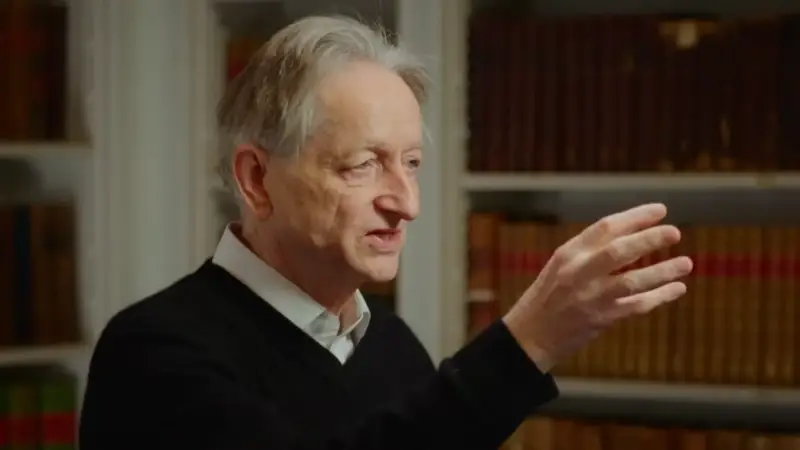
Geoffrey Hinton, known as the “Godfather of AI,” will also serve as a board adviser.
In a statement, Hinton said: “Humanity will face many challenges in the coming decade. Some will be caused by AI, while others can be solved by AI. I’ve been very impressed by CuspAI and its mission to accelerate the design process of new materials using AI to address one of humanity’s most urgent challenges: climate change.”
CuspAI believes AI-designed materials could have a significant near-term impact on carbon capture and storage.
“We’re focusing on designing molecular sponges that selectively absorb carbon dioxide from the air,” Edwards said. “When heated, they release carbon dioxide, which you can then pipe off and either utilize or bury underground, whatever you prefer.”
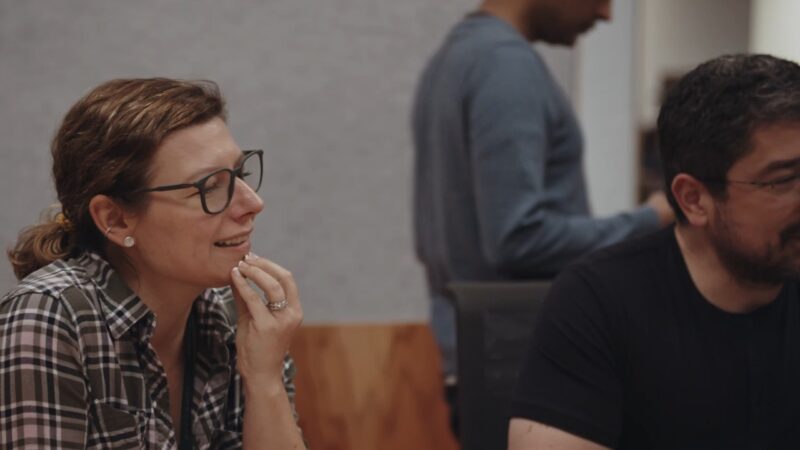
CuspAI has also partnered with Meta on an open science project to discover new materials to combat climate change.
“The Fundamental AI Research (FAIR) team looks forward to collaborating with CuspAI in their use of AI, including our OpenDAC work, to accelerate the discovery of novel DAC sorbent materials,” said Yann LeCun, VP and Chief AI Scientist at Meta. “The world needs rapid progress on affordable carbon capture, and we believe that CuspAI’s team is well-positioned to apply AI-based materials discovery to this pressing problem.”
Other investors in the round include LocalGlobe, Northzone, Touring Capital, Giant Ventures, FJ Labs, Tiferes Ventures, and Zero Prime Ventures. Angel investors, including Mehdi Ghissassi and Dorothy Chou from DeepMind, also participated.


